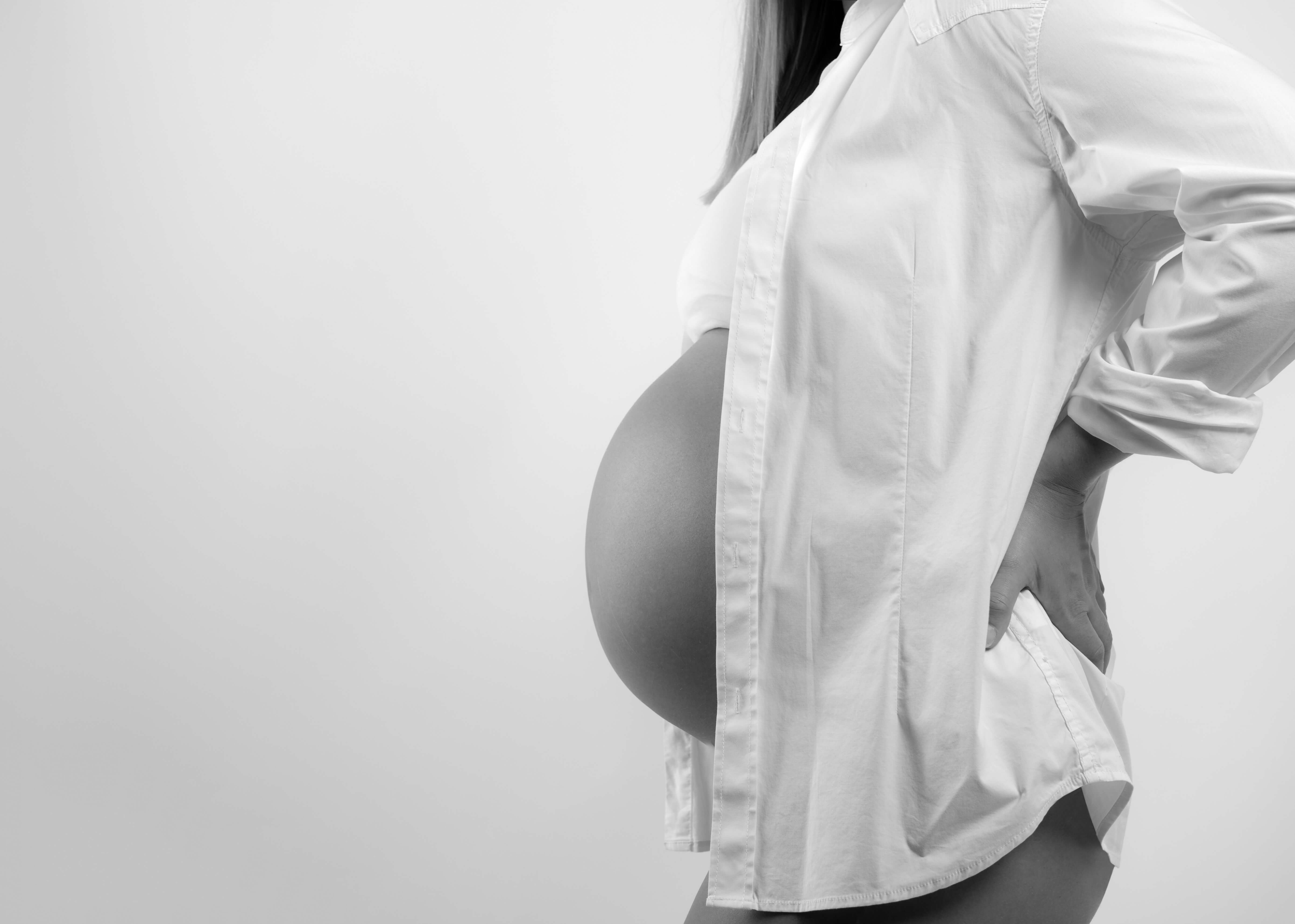In one school in the Northern Argentine region of Jujuy , 30 young girls out of 200 students between the ages of 12 and 19 are pregnant.
The municipal secondary school Alto Comedoro is situated in one of the poorest places in the province, 10 kilometres south of San Salvador de Jujuy, and the region has the second highest rate of teenage pregnancy of the country. Alto Comedoro has the highest rate of pregnancies in Jujuy, but the school is just one representative of an issue that has become a crisis across the province.
What’s more, the majority of the pregnancies in the school and across the province are a result of rape or sexual abuse within families.
“We asked all the heads of all the schools about this subject,” Sexual Education Coordinator Patricia Morales, told Clarin. “Many didn’t want to reply, I suppose because they felt responsible for what had happened…So it was us who released the information.”
Morales went on to explain the importance of bringing in ESI (Comprehensive Sexual Education) into the schools in the area, which has historically been made difficult by both the rejection of the Church and parents, who don’t want their children learning about such subjects in school.
READ MORE: Abortion-inducing drug will be available in pharmacies from December
“In the Learning Operation, in the survey, 80 percent of students asked to have sexual education,” Morales explained. “And that is what we are trying to do, so that all students at all levels can access it. There is strong political support behind this.”
However, the Con Mis Hijos No Te Metas (Don’t mess with my kids) movement is fearful of schools teaching gender ideology, or ideas that do not conform to the majority Catholic ideology in the country.
“Over and above the pressure that the Church is putting on this issue, they have to understand that education is secular,” explained Jujuy’s Minister of Education Isolda Calsina to Actualidad.
Even if it is not possible to get sexual education in the schools, Morales explained that she would announce the opening of ‘maternity rooms’ in the schools so that the girls can remain in education despite their pregnancies. This also applies to the fathers, some of who are students in the same school.
“We are trying every method we can to strengthen sexual education in schools,” maintained Calsina. “It’s fundamental that children learn to prevent [pregnancies].”










